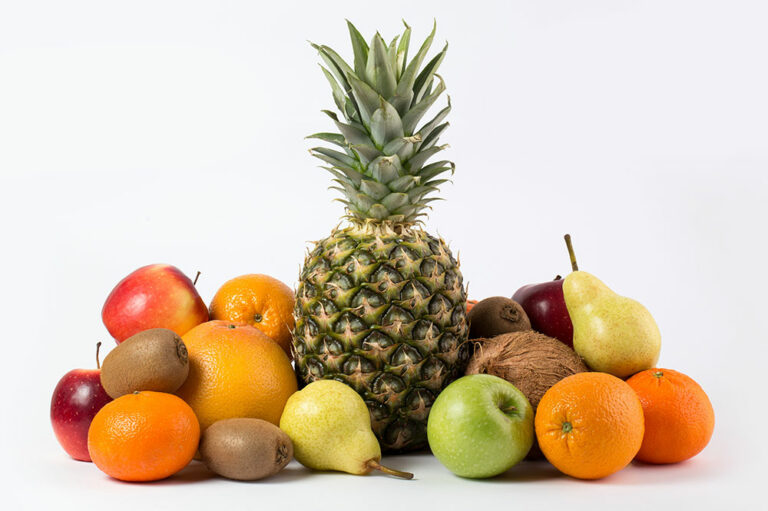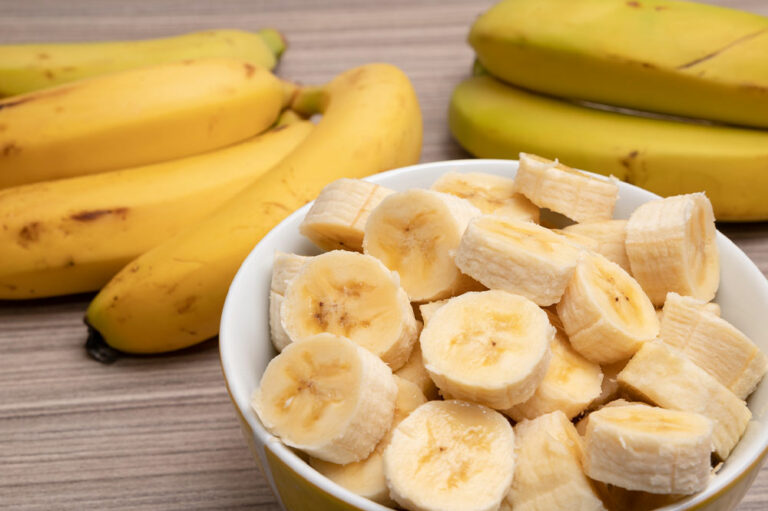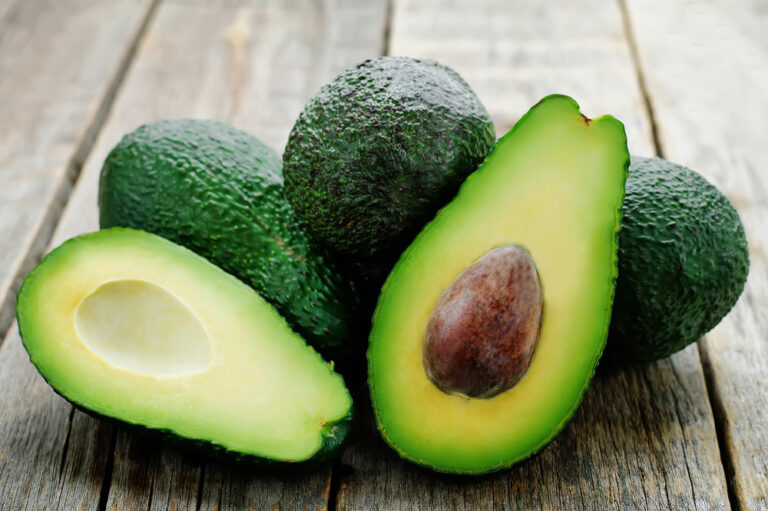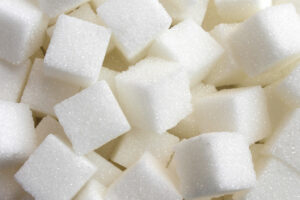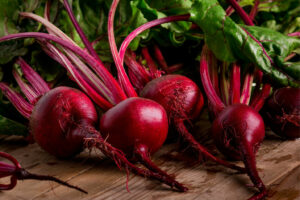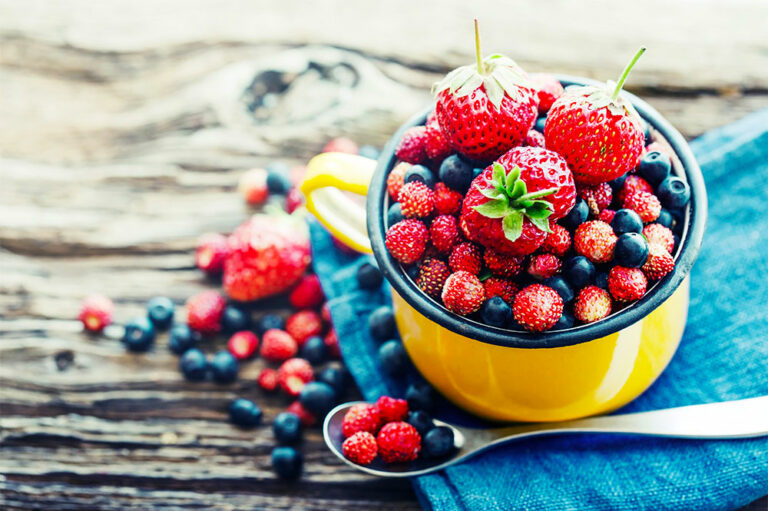
5 foods to eat to keep eczema at bay
An inflammatory condition that affects the skin, eczema, also known as atopic dermatitis, affects one in four adults. In severe cases, it causes itchy rashes, dry patches, skin irritation, and oozing blisters. The cause of eczema is usually credited to environmental factors and genes. Those with eczema usually have food allergies as well. Thus, food and nutrition play a major role in managing eczema. Here are a few foods that can help prevent eczema flare-ups. Berries Berries such as raspberries, blueberries, strawberries, and blackberries contain quercetin, a plant-based flavonoid. This is where fruits, flowers, and vegetables derive their rich colors from. Quercetin is an antihistamine and antioxidant. It prevents cell damage and helps combat inflammation. Eating berries is useful in avoiding eczema flare-ups. Yogurt Rich in live culture, yogurt is one of the best probiotic foods to consume. It strengthens the immune system. Moreover, it prevents allergic reactions. This way, it lowers the intensity of eczema flare-ups. Eating probiotic foods is one of the most effective ways to manage eczema symptoms and itchy skin. Other probiotic-based foods that can add a variety to one’s daily meals include kefir, kombucha, miso soup, sauerkraut, and tempeh. Naturally-fermented pickles and sourdough bread are also good options.
Read More 


